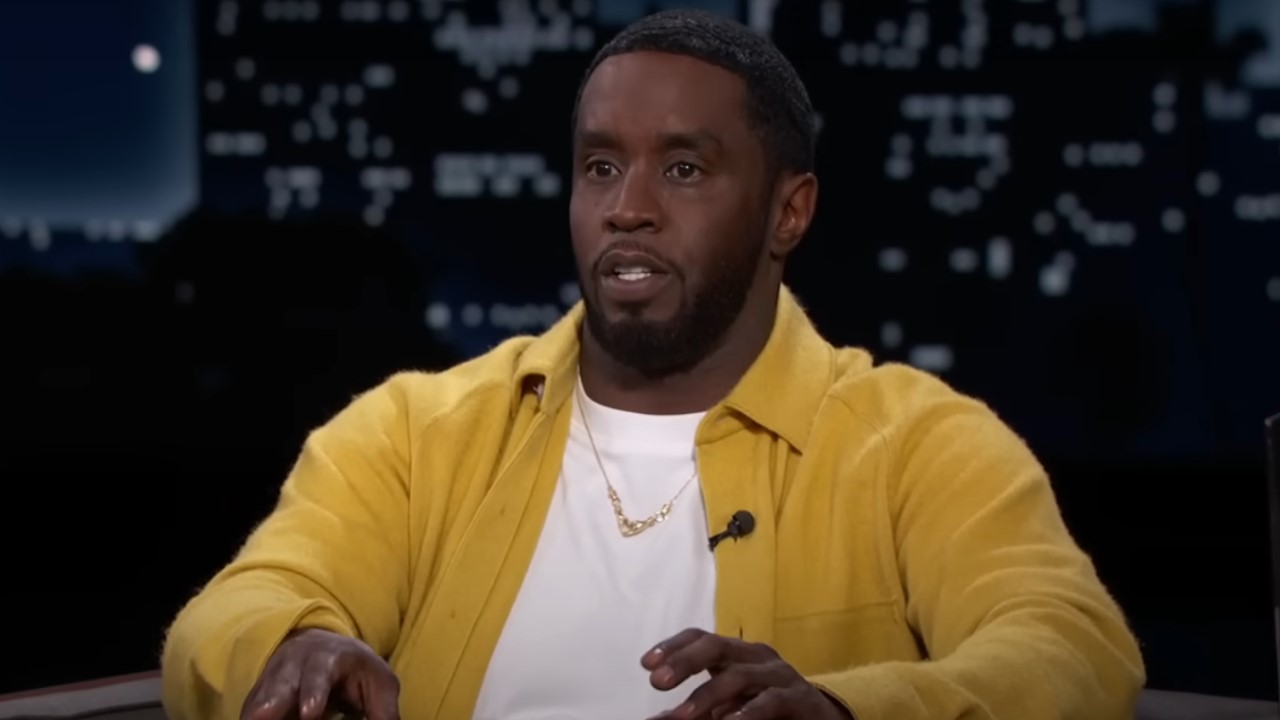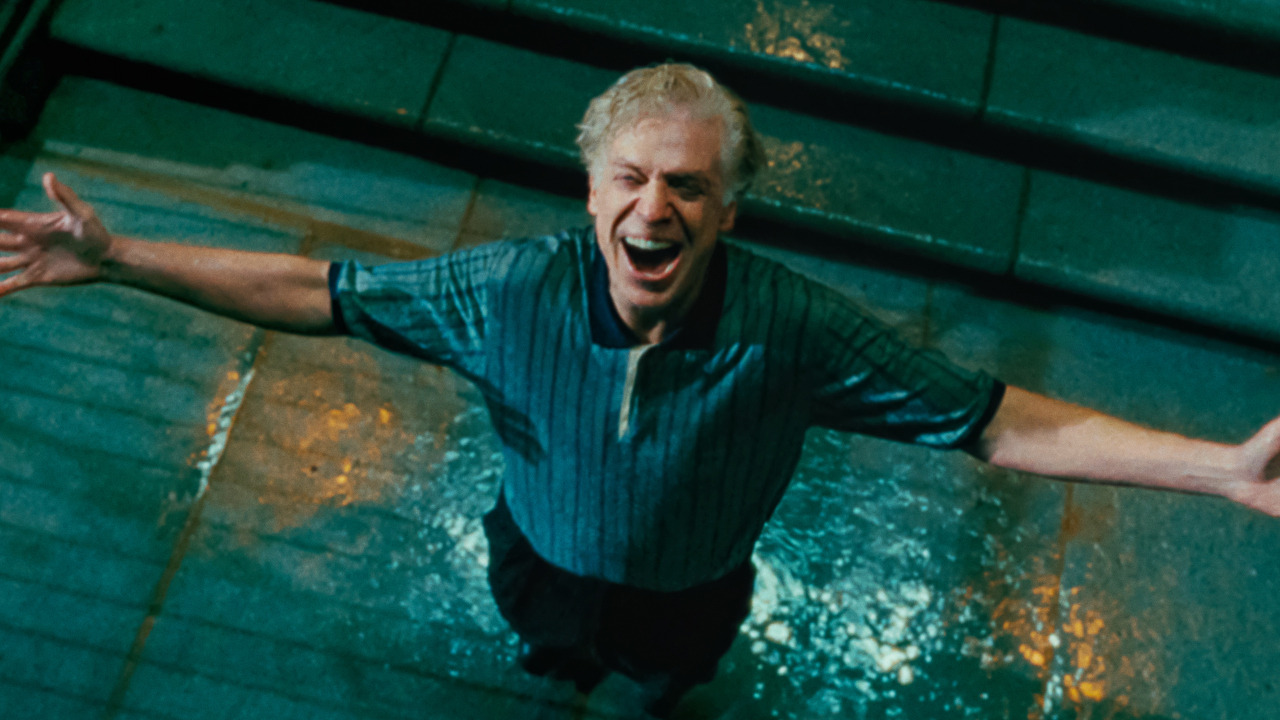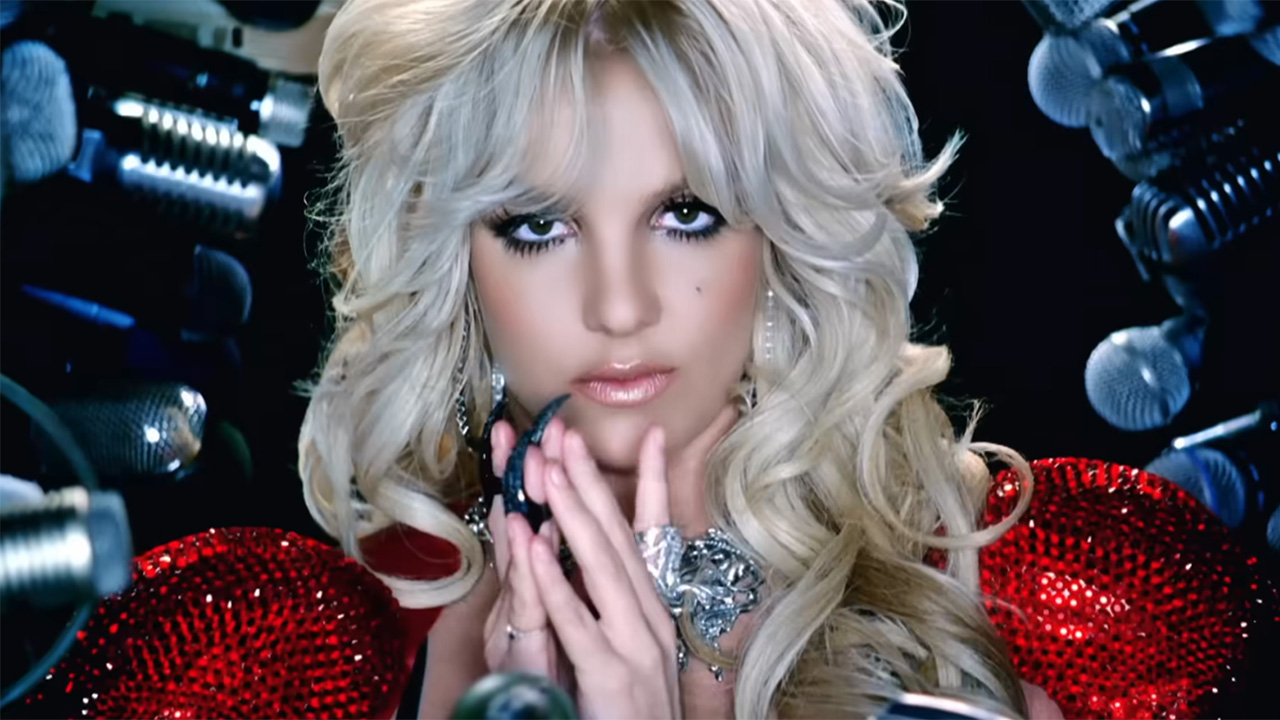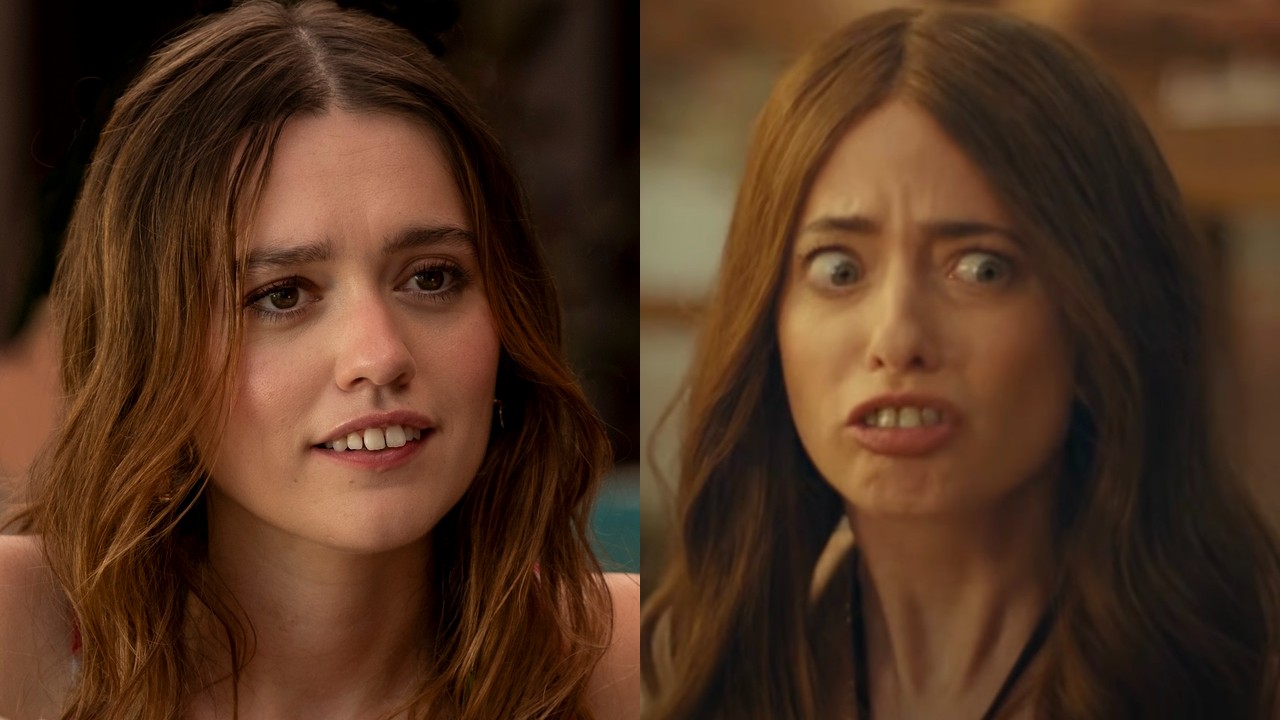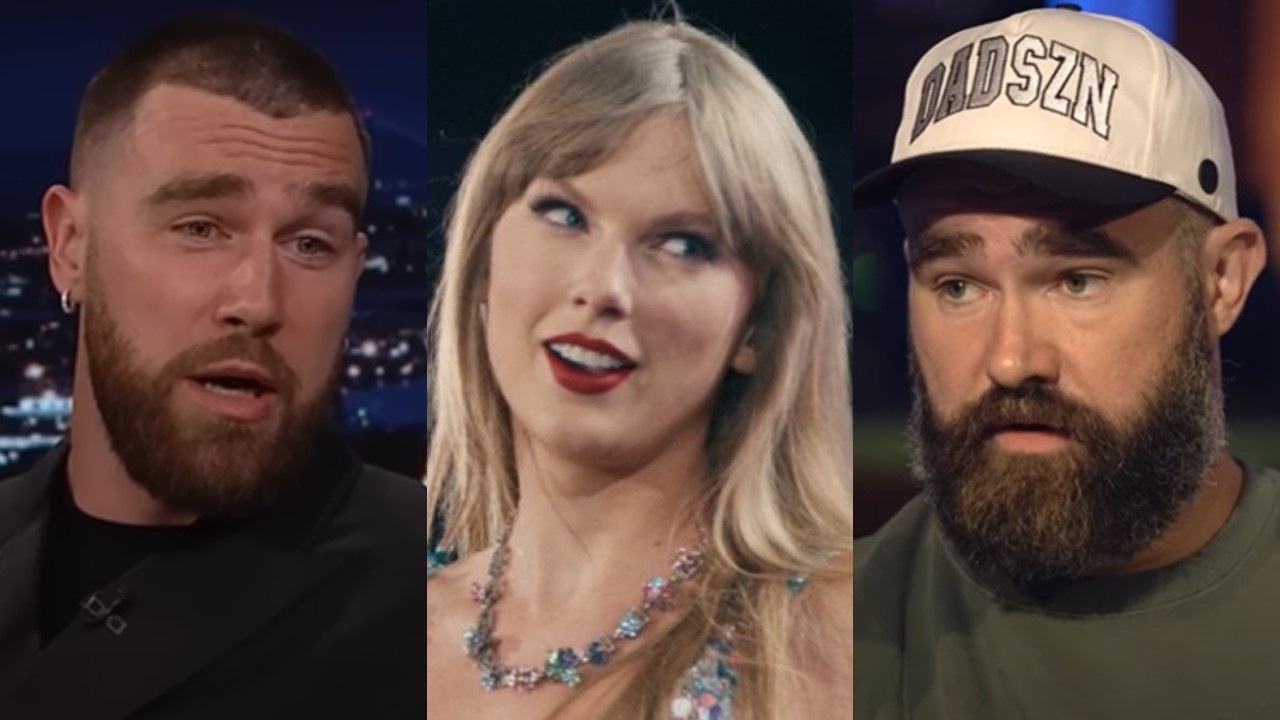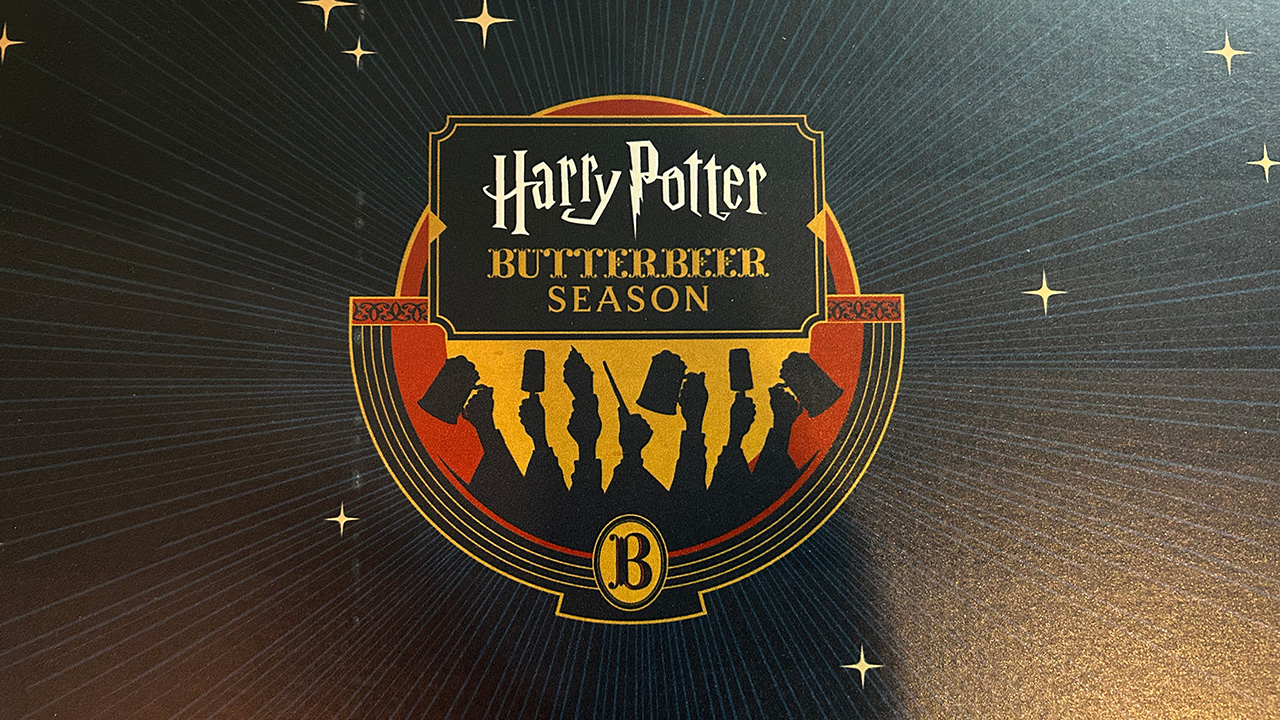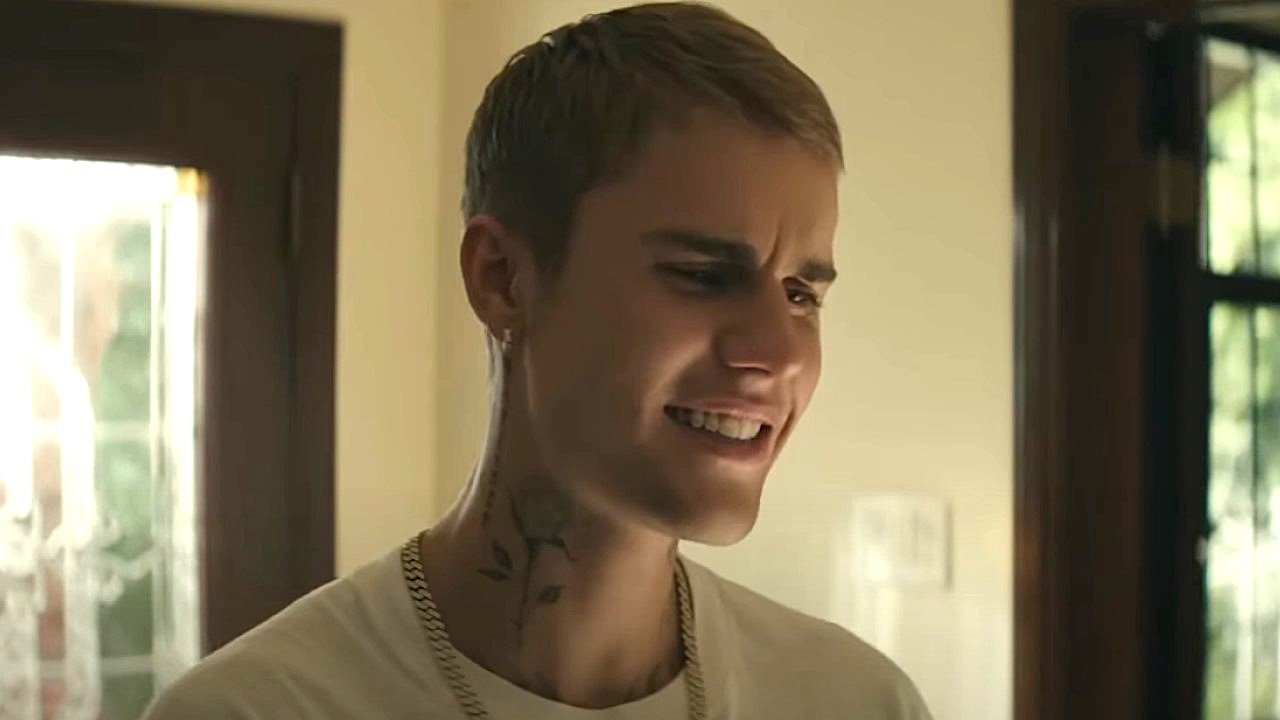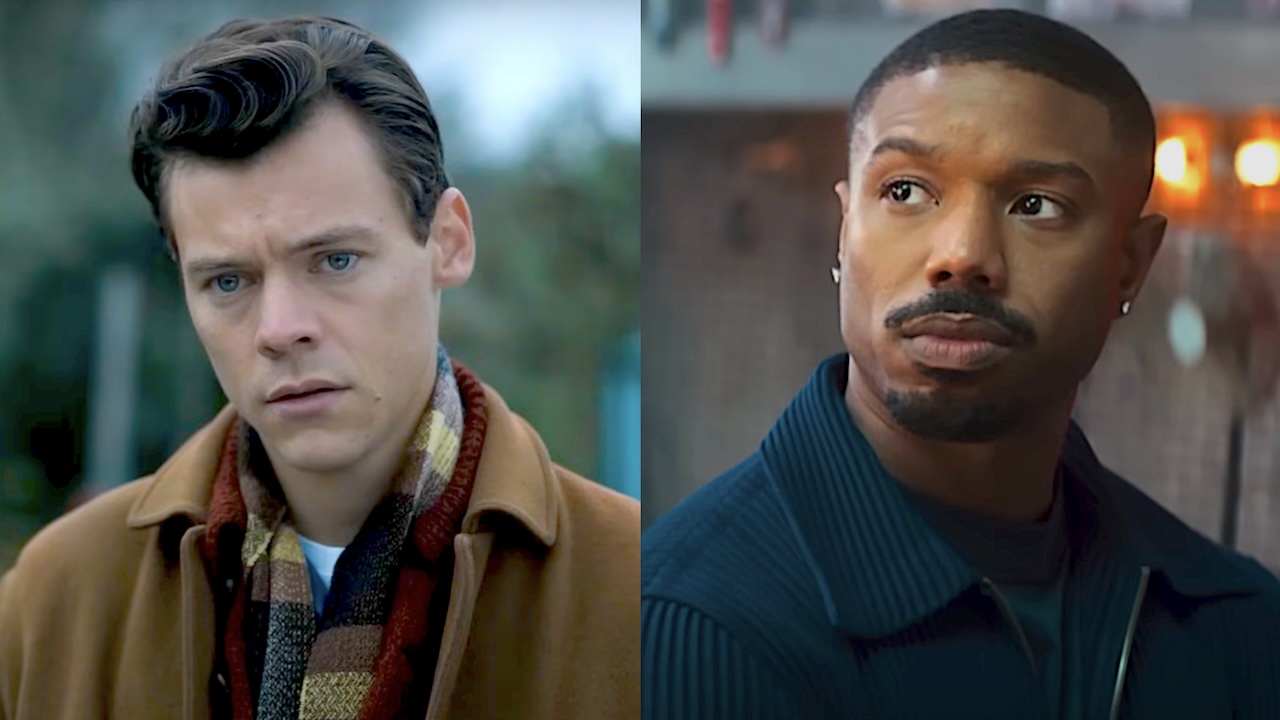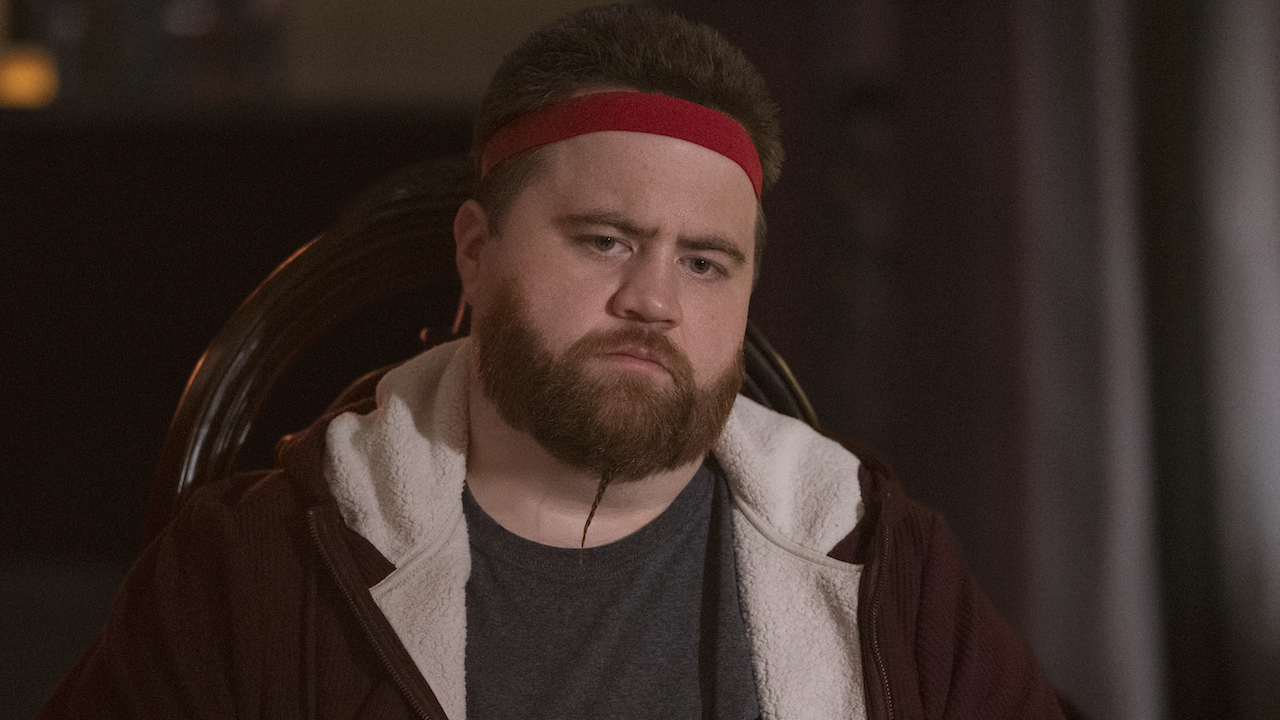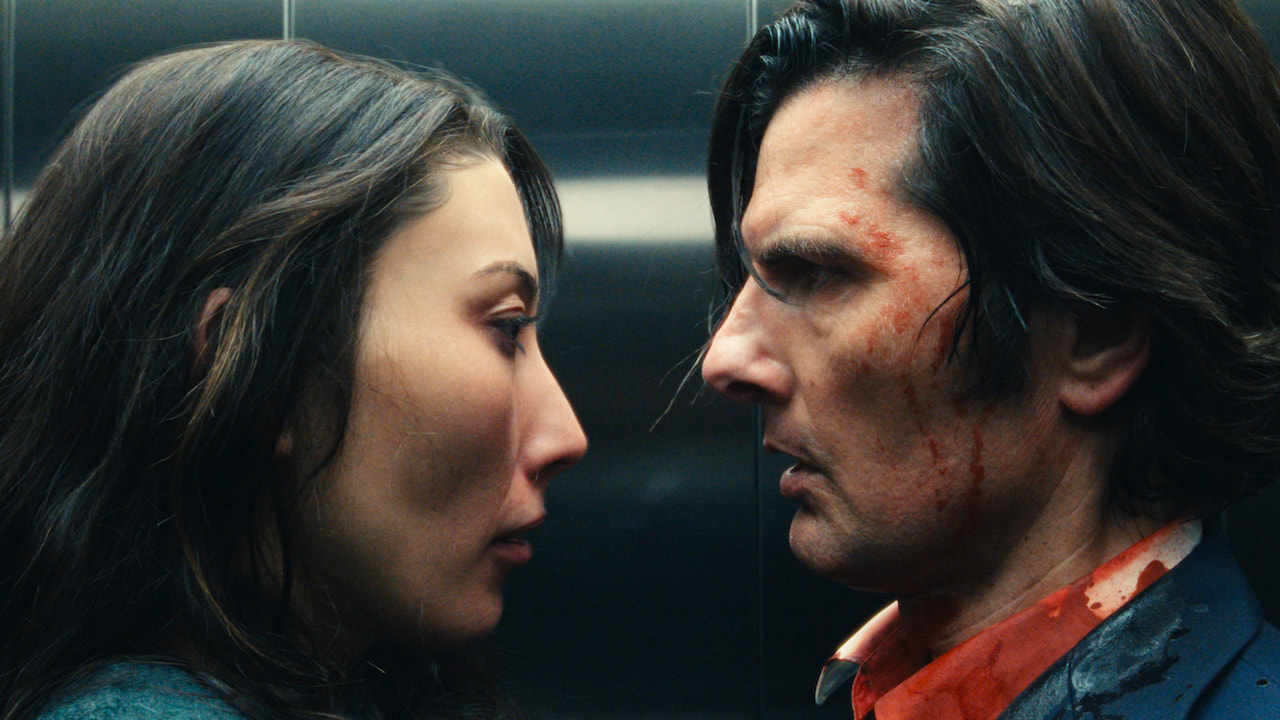Why The Joker 2 Ending Pisses Me Off, And Makes Me Think Less Of The Original Movie
We need to discuss what happened.
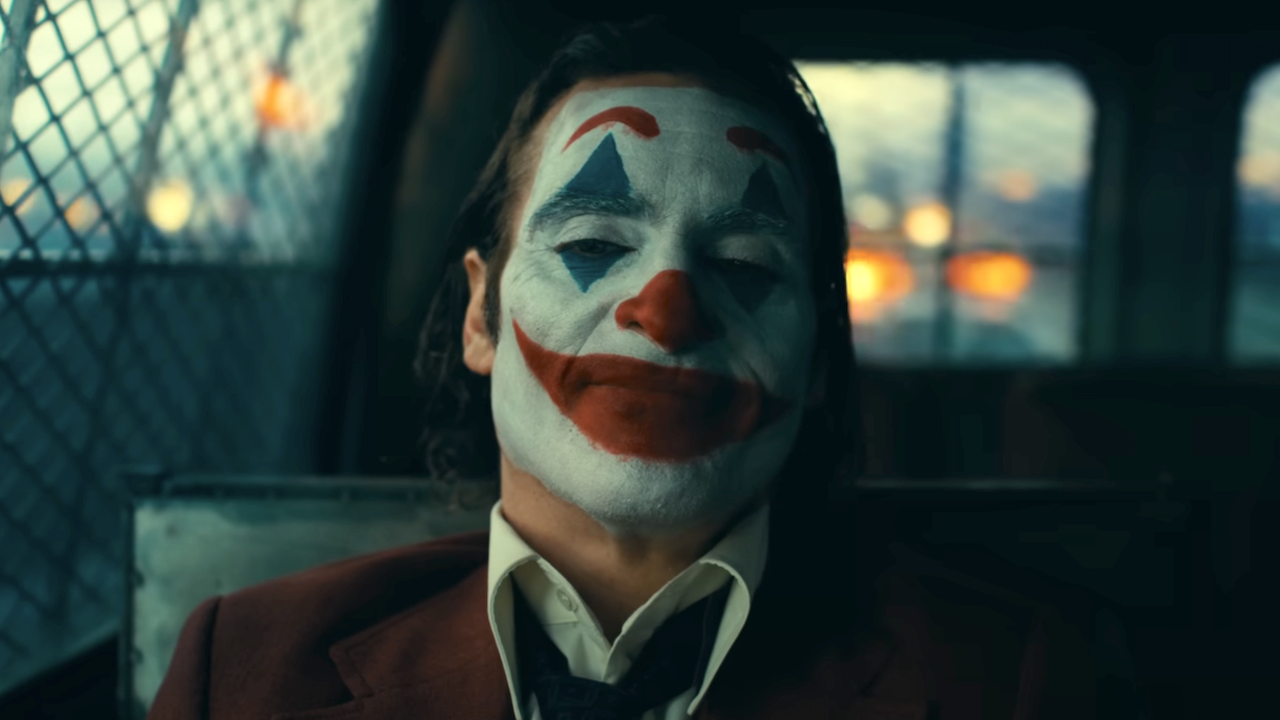
Let me start by saying a few positive things. Joker: Folie a Deux bucks the trend of a traditional sequel. It doesn’t give you “more of the same,” but it does take the natural explorations into an interesting character named Arthur Fleck, a performance that won Joaquin Phoenix a well-deserved Academy Award. This film is beautifully shot by director Todd Phillips and cinematographer Lawrence Sher. And the performances, once again, can be mesmerizing. Particularly Phoenix, as I think Lady Gaga is let down a bit by the script. When I came out of Joker: Folie a Deux the first time, I told you I couldn’t stop thinking about it, and that much remains true.
The problem is, the more I think about the film’s ending, the more I hate it.
From here on out, I’m going to have to spoil the ending of Joker: Folie a Deux, so only keep reading if you have seen the movie, or if you don’t care about details, and want to hear the analysis.
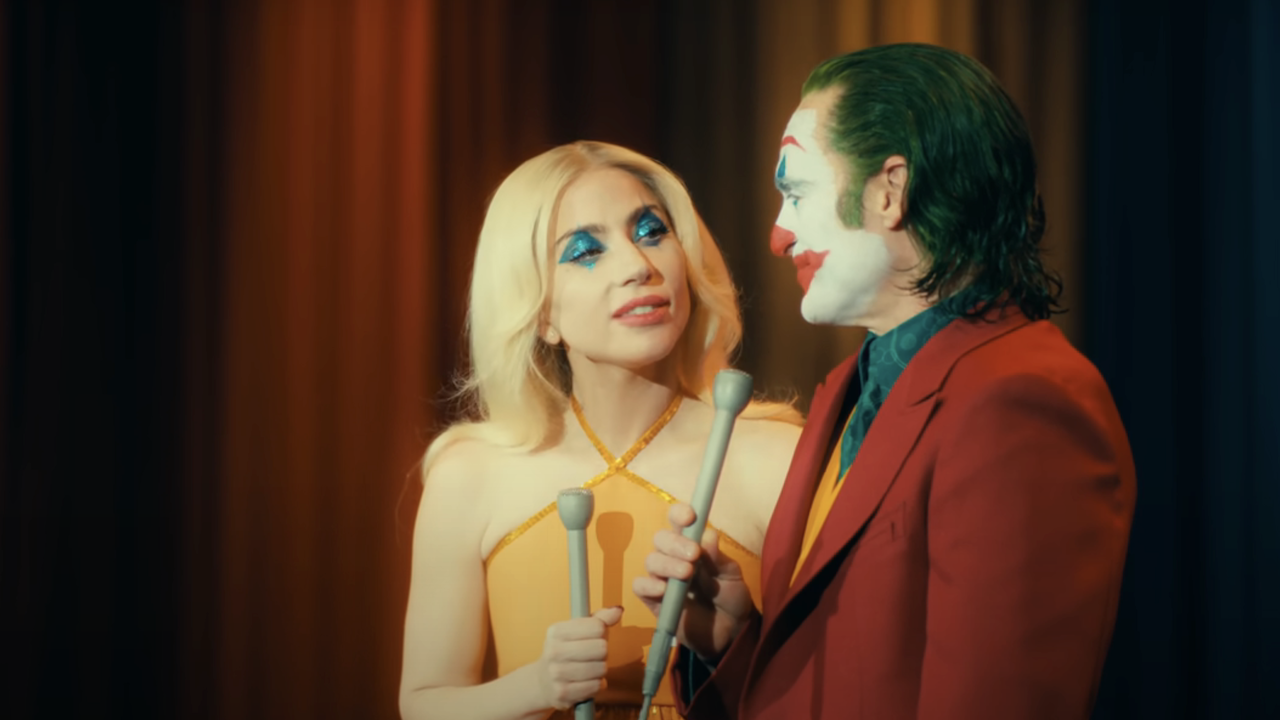
What happens at the end of Joker: Folie a Deux?
So much of Todd Phillips’ Joker sequel deals with the push and pull inside of Arthur Fleck as to whether or not he truly is The Joker. Did Arthur do all of the horrible things that were detailed in the original movie – kill those people on the subway, shoot talk-show host Murray (Robert De Niro) on live television – or was it an alternate personality, The Joker. Arthur’s attorney (Catherine Keener) wants to make the argument that Fleck is criminally insane. Arthur’s new “girlfriend” Lee (Lady Gaga) wants him to embrace Joker as his core personality, and let chaos reign free.
Ultimately, though, Arthur stands up before the court and renounces the Joker identity. He takes responsibility for the crimes he committed, and says he’s NOT the Joker… prompting Lee to leave him. The police recapture Arthur, and throw him back in Arkham. It’s there that Arthur is approached by a younger prisoner. The guy starts to tell Arthur a joke. Then he stabs Arthur to death, and in the background, we can see the prisoner carving a smile into his own face. Perhaps, a new Joker – and maybe even the “real” Joker – has been born.
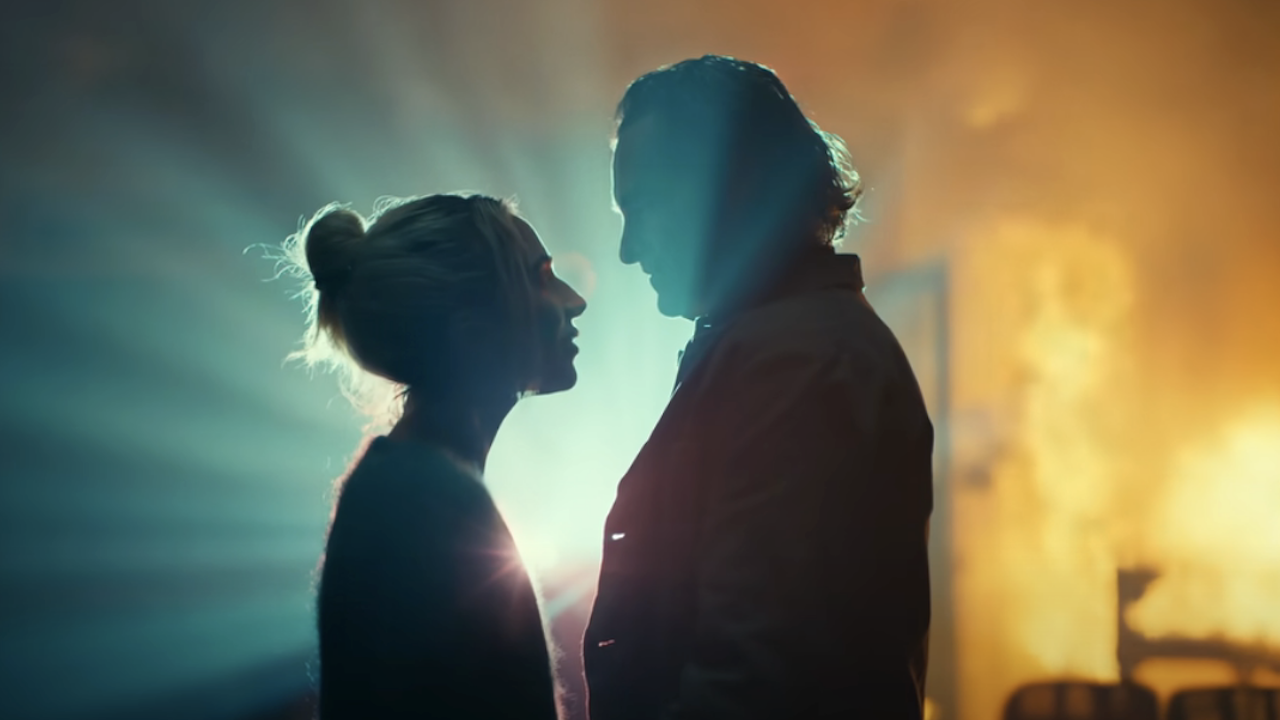
Why this ending bothers me so much
Why are these movies called “Joker” at all? Even if you try to watch these movies as pieces of a larger DC story quilt – something Todd Phillips never really seemed interested in constructing – the pieces don’t add up. Bruce Wayne, who we met in the original movie, would still be a young boy at the time of Joker: Folie a Deux. So is the prisoner who killed Arthur Fleck going to become the Joker who eventually fights Batman in Gotham?
Unlikely. In fact, Joker and Joker: Folie a Deux cinematographer Lawrence Sher appeared as a guest on CinemaBlend’s official ReelBlend podcast and told us that he believes the idea of a “Joker” will be more of a myth that will be handed down from criminal to criminal. Sher told us:
CINEMABLEND NEWSLETTER
Your Daily Blend of Entertainment News
That's a great question. I thought about it. I think it's probably more the person-to-person thing, in so much as it's like, you met a guy and you're like this dude. It's like a legend. ‘There was this guy who was in our prison! He wanted to be a comic, and he wanted to do this, and he had this weird laugh…’ And then it's like you're actually the person. Because I don't believe Arthur is criminally insane. I don't think he's a criminal. I think he's a severely damaged human being. He has faced massive trauma. But I don't think he's a mastermind criminal. But The Joker is. And so I think, yes, I think he dies so somebody else can be born.
What does that ultimately leave us with? It means that Todd Phillips ended up making two full-length movies dedicated to a character who doesn’t become The Joker. MAYBE you can say that Phillips made a movie about a person who would INSPIRE the idea of The Joker in Gotham. But Arthur Fleck isn’t even that, given the fact that he renounces the concept of The Joker, and would reject the people who have rallied around him. People like Lee (Lady Gaga), who immediately drops Arthur the moment she realizes he won’t be the person she wants him to be.
Let’s go one step further. To me, this ending of Joker: Folie a Deux completely deflates the impact of Joker. Why would I ever go back and rewatch a movie about a character who I now know never becomes The Joker? I can see the argument being made that Christopher Nolan’s Batman trilogy made a similar point. Bruce Wayne (Christian Bale) left the Dark Knight persona behind, and it likely was carried on by Joseph Gordon Levitt’s character. The myth had been created, and handed down.
That’s not what happens here. Arthur never gets to be The Joker. He rejects The Joker. And he’s murdered for turning against the Joker persona that people wanted to foist on him. The joke’s on us, the audience. It’s every bit as tragic as I think Todd Phillips and co-writer Scott Silver wanted their second movie to be. But it’s such a middle finger aimed at the idea of a Joker origin movie, because it dances around the origin of the character almost entirely.
And that pisses me off.
Joker, as a standalone movie, worked incredibly well as a possible origin story for the malevolent force that is supposed to be the Clown Prince of Crime. Would he go on to fight Batman? Who knows? Phillips wasn’t really interested in connecting those dots. Until Joker: Folie a Deux. Which deliberately erases the dots, and shapes them into a new image that insults the suggestions of the two movies, entirely.
Joker and Joker: Folie a Deux will be remembered, by me, as strange experiments in how to handle IP. It didn’t fully embrace the notion of being a Joker origin story in the first movie, hinting at core Batman elements without making them integral to the story. And then it delivered a sequel that hated the way the first movie was perceived, and pulled the rug out from underneath any foundation the original film had laid. Perhaps that was Todd Phillips’ point, and I certainly applaud him for taking big swings. But his ultimate message tells me that these two movies build toward nothing, and so their legacy ends up being an empty vessel, a hollow effort, and a punchline aimed squarely at the audience.

Sean O’Connell is a journalist and CinemaBlend’s Managing Editor. Having been with the site since 2011, Sean interviewed myriad directors, actors and producers, and created ReelBlend, which he proudly cohosts with Jake Hamilton and Kevin McCarthy. And he's the author of RELEASE THE SNYDER CUT, the Spider-Man history book WITH GREAT POWER, and an upcoming book about Bruce Willis.

